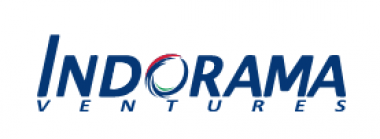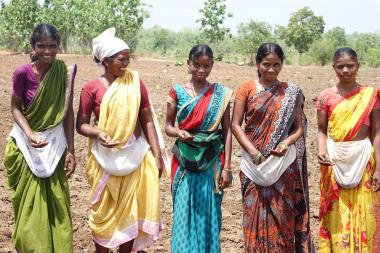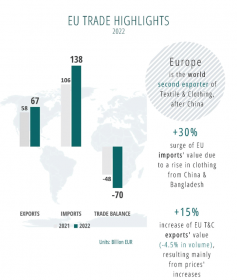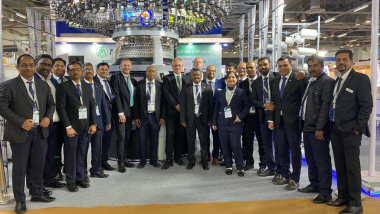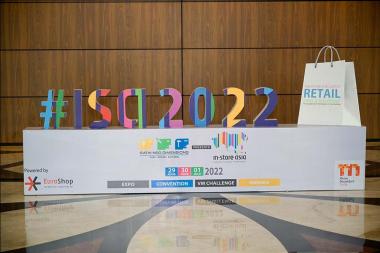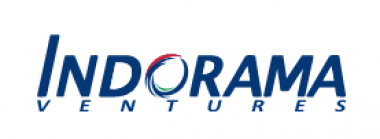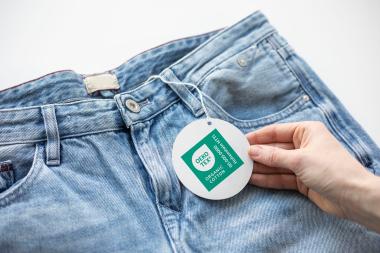Brückner, Groz-Beckert, Karl Mayer and Thies invite to warp knitting symposium in India
The German companies Brückner, Groz-Beckert, the Karl Mayer Group and Thies invite representatives of the Indian textile industry to a symposium with presentations and discussion panels in Surat, India, on October 11 and 12, 2023. The event will be held at the Marriott Hotel Surat and will focus on the current demand trend for warp knitted elastic fabrics.
The demand for warp knitted elastic fabrics has increased rapidly in the past two to three years. On the one hand, this offers the Indian textile industry new growth opportunities and the chance to establish itself in a leading position in the growing market. On the other hand, the turnaround also holds challenges as the production steps involved in manufacture of warp knitted elastic fabrics are strikingly different from the conventional methods.
In order to provide the Indian warp knitting industry with optimum support in this change, Brückner, Groz-Beckert, Karl Mayer and Thies are inviting participants to a specialist symposium on the subject of "Production of Warp Knitted Elastic Fabric". Industry experts, stakeholders and textile visionaries are invited to share their insights and experiences with the guests.
The aim of the symposium is to provide a platform where knowledge can be exchanged and cooperation intensified. The symposium offers a wide variety of technical presentations as well as best practice examples and showcases technologies and innovations in warp knitting technology.
Those interested in attending the symposium may contact Vinod Kumar (Brückner & Thies), Dipak Panhalkar (Groz-Beckert) or Apurva Jariwala (Karl Mayer) to register.
Groz-Beckert KG





